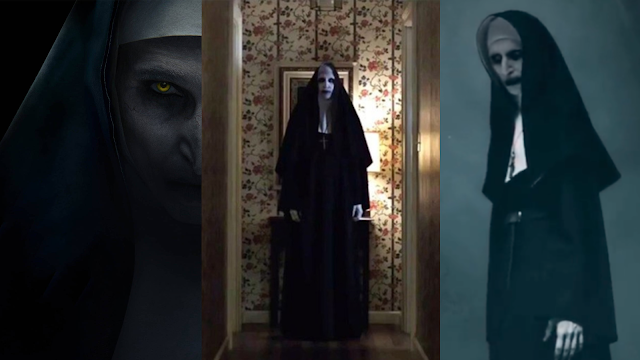The American War of Independence - PART 2 ( THE CLIMAX ! )
 |
| Click here for Part 1 |
Preface
There was widespread protest against the Townshend Acts. Boston merchants boycotted British goods. Soon the other colonies joined the protest. The women formed their own organization called the "Daughters of Liberty".
Boston Massacre
The British mobilized more troops to encounter the protests. This enraged the people further and many people joined the protest. In March 1770, the local people started to throw snowballs on the British troops, but the British retaliated with bullets. Five civilians were killed. The patriots pressed throughout the colonies declared the Boston Massacre, an unwarranted crime committed against the people of Boston, by the cruel British. The wrath continued to grow, the colonists set their sight on the remaining tax on tea.
Boston Tea Party
On December 16th a band of patriots know as the "Sons of Liberty" disguised themselves as Native Americans, and marched down to the Boston Harbour, and boarded a British vessel loaded with tea. And in front of thousands of spectators, they threw 342 crates of tea into the sea. The British were now disgusted and punished Massachusetts with a vengeance. They dissolved its General Assembly and revoked their charter and sent 3000 more British troops to occupy the city. Meaning Boston and Massachusetts were now under the direct rule of The Great Britain.
First Continental Congress
The other colonies saw what was happening and worried they might be next. So they called a brain trust to decide what to do. 56 delegates from 12 colonies gathered and met in Philadelphia at the 'First Continental Congress'. And the roll call read like a who's who of America's of finest thinkers. John Adams, John Jay, George Washington, Samuel Adams, Patrick Henry and John Dickinson were the eminent members in the first continental congress. After much bitter debate and disagreement the Congress agreed to vote by the representatives of colonies and endorsed the resolution, declaring the Intolerable Act null and void. It called for economic sanctions against the British a nd adopted " The Declaration of American Rights".
Beginning of the War
The local militias started arming themselves and stood ready for the American revolutionary war. British General Thomas Gage ordered 700 troops to destroy the stores of ammunition held by the rebels in Concord. They soon faced of each other in Lexington and in the confusion somebody shot first. The shot heard around the world and marked the beginning of the American war of Independence. The British were outnumbered and forced to flee back to Boston at the hands of the local, poorly trained militiamen. When the British reached Boston, the rebel militias surrounded them. The Boston and The British were now under siege.
Second Continental Congress
The Continental Army is now under the command of George Washington. James Madison, Benjamin Franklin, Thomas Jefferson and Alexander Hamilton were the prominent members in the second congress. Still hoping for a truce, the Congress dispatched the 'Olive Branch Petition’ to the king and adopted the "Declaration of the Causes and Necessity of Taking up Arms". It also established a Postal Department with Benjamin Franklin as Postmaster-General. A Committee which was formed to explore the possibility of foreign aid.
Declaration of Independence
In January 1776, an anonymous pamphlet under the title "Common Sense" was published. It was authored by Thomas Paine. It advocated the complete Independence from the British. More than 100,000 copies of the pamphlet were sold quickly. George Washington remarked, “Common Sense is working a powerful change in the minds of men.” On June 7, 1776 Richard Henry Lee of Virginia moved a resolution for independence. After much debate, the Declaration of Independence, drafted by Thomas Jefferson, was adopted by the Congress on July 4, 1776. This day is celebrated by the Americans as the Independence Day.
French Alliance and Victory
On 6 February 1778, France and America signed two treaties, by which France recognized the United States of America and offered trade concessions. By June 1778 England and France were at war. In September, Washington attacked Yorktown, with a combined American and French troops. On 19 October 1781 Lord Cornwallis surrendered and in 1783, the Treaty of Paris was signed. The Great Britain now, officially recognized the independence of the United States. The military band played the tune ‘The World Turned Upside Down’ as British forces departed from Yorktown in 1781. For the first time, a colonial power was overthrown by the colonized, leading to the establishment of a republican government in the United States.



Comments
Post a Comment